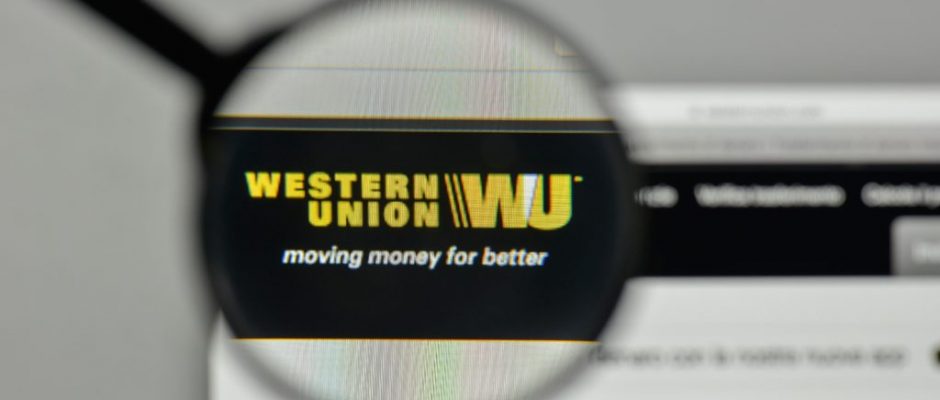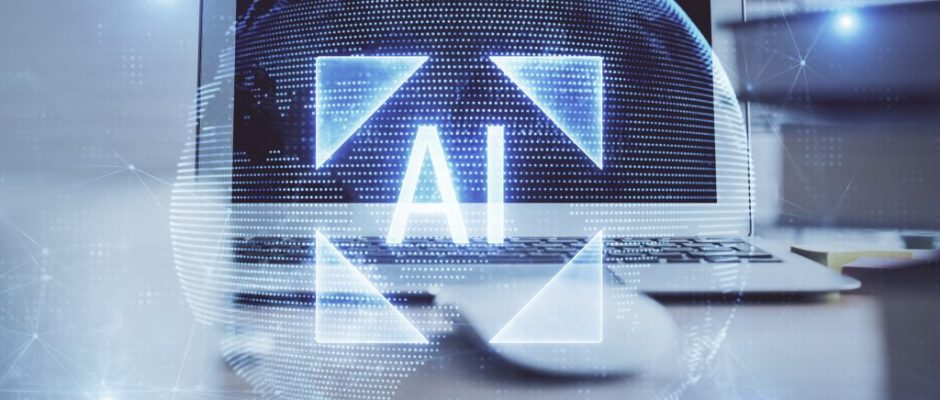FBI sounds second call to arms to fight cybercrime
The US Federal Bureau of Investigation (FBI) is increasingly anxious to enlist the private sector in the losing battle it is fighting against global cybercrime and espionage. Speaking in Washington on Monday, FBI director Christopher Wray stressed the importance of “collaborative, public-private” operations in fighting cybercrime, developing a strategy previously outlined by FBI Deputy Director Paul Abbate at a Boston cybersecurity conference three months ago.






